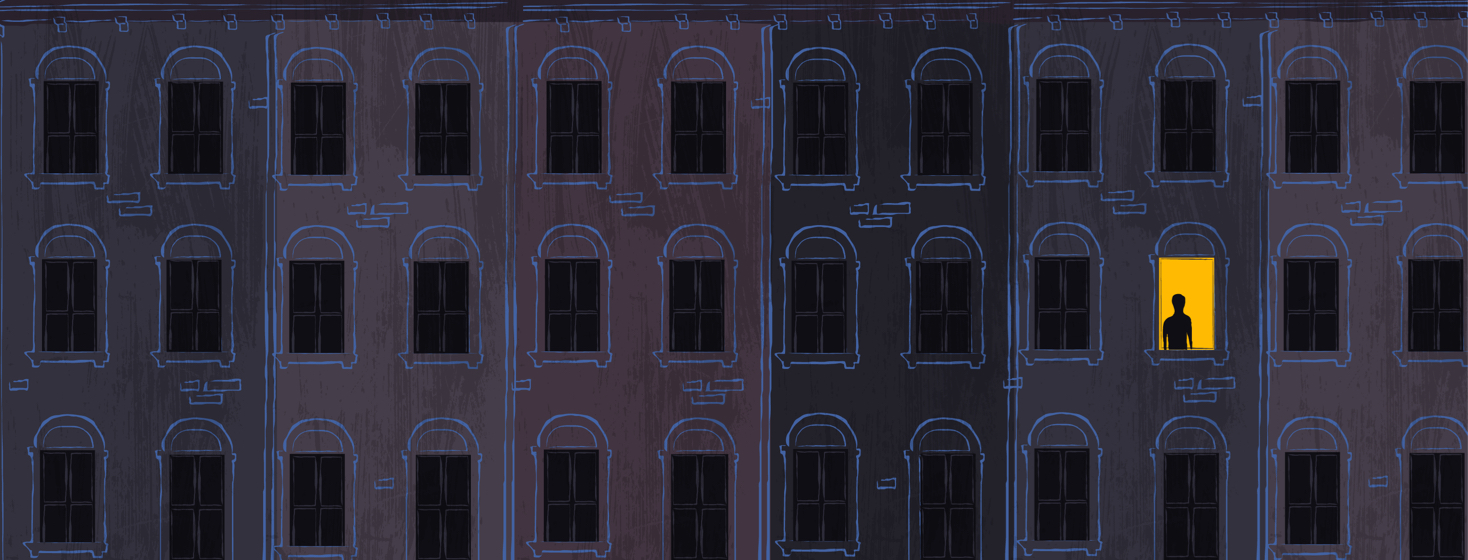City Living With A Chronic Illness, Part 1
I’ve been thinking a lot about accessibility and disability as I work on my third non-fiction book, City Witches. The book is an exploration of how we can embrace the sacred and find the good while living in an often chaotic, loud, energy-draining city environment. It is mostly a book of self-interrogation with some city-based rituals and practices to get you feeling connected to a place.
Because I live with a chronic (mostly invisible) illness in New York City, some of what I touch on in my book examines how city living intersects with accessibility and disability, and how that can impact our wellness, spirituality, or peace. I tried my best to keep the disability community in mind while writing portions of it.
There's a lack of quiet space, and green space
I’ve talked to a lot of friends about how living in a big city impacts their chronic illness, especially when it comes to an invisible chronic illness. For one, there is often a lack of quiet and green space — both things that can help us lower our cortisol levels (and, in turn, reduce our inflammation and pain).
It takes some reframing and extra planning in order to visit a park or beach when you live in a city, especially if you don't have nature near you — and a lot of the time when you do find green space, you are still surrounded by people and sounds.
And then there's the issue of the city being physically demanding and inaccessible in many ways.
A few examples of how city life impacts my illness and vice versa:
Axial spondyloarthritis can be an invisible illness (although when I have uveitis, psoriasis flare-ups, or am limping and having an issue moving it's visible), which means people generally have no idea how much pain I am in.
When I am on the subway standing against the door or holding onto a pole — fervently wishing someone would just freaking get up and provide a seat — no one can see how my body is raging with an internal fire. And that's hard.
On the other hand, city living has made it so I have access to the best doctors and support systems that have changed my experience of AS. I also have the lovely experience, in my particular mass-transit city, of not having to sit in a car for hours on end in traffic getting to and from work.
How does the city affect disabled people and people with chronic illness?
And then there are people who live with other sorts of disabilities that do require walkers or wheelchairs or who are triggered by noise, scent, or visual stimulus. The city can make all of this incredibly difficult; from pollution and overcrowdedness to lack of elevators into certain subway stations (and I can only speak for NYC here, but I am sure many cities have a similiar issue), the issues are pretty much everywhere.
Chronic pain can also lead to depression and anxiety, which can be further triggered by living a big city. It is said that city living can lead to feelings of isolation and loneliness, especially when you’re surrounded by people but have very little sense of true connectedness, according to Psychology Today. This is especially true if you live with chronic illness and find it hard to make friends or leave the house.
People often move to cities so that they can find work or be involved with community groups — making city life extra busy. Most of the people I know that live and work in the city keep long hours and are always rushing around (the tropes are real!), but this stress can seriously impacts people, especially sick folks.
According to one Bustlewriter, leaving London's stress behind was a good thing for their health:
"During my first year in London, I struggled to maintain a hectic schedule. My health deteriorated as my body struggled to keep up with the stress of the city and the manic pace of life....The move back to Birmingham had a positive effect on my mental health and brought me out of the dark cloud I’d been living in. A new start mentally gradually improved my physical health, too, and now I can manage my conditions more effectively. The overwhelming stress of London broke me down, but leaving the city for good has woken me up. Although I will never regret the lessons I learned living in London, I know that leaving saved my life."
Have you had to uproot your life due to city living limitations? Or, on the other hand, have you made city living work for you? I would love to know in the comments below.

Join the conversation